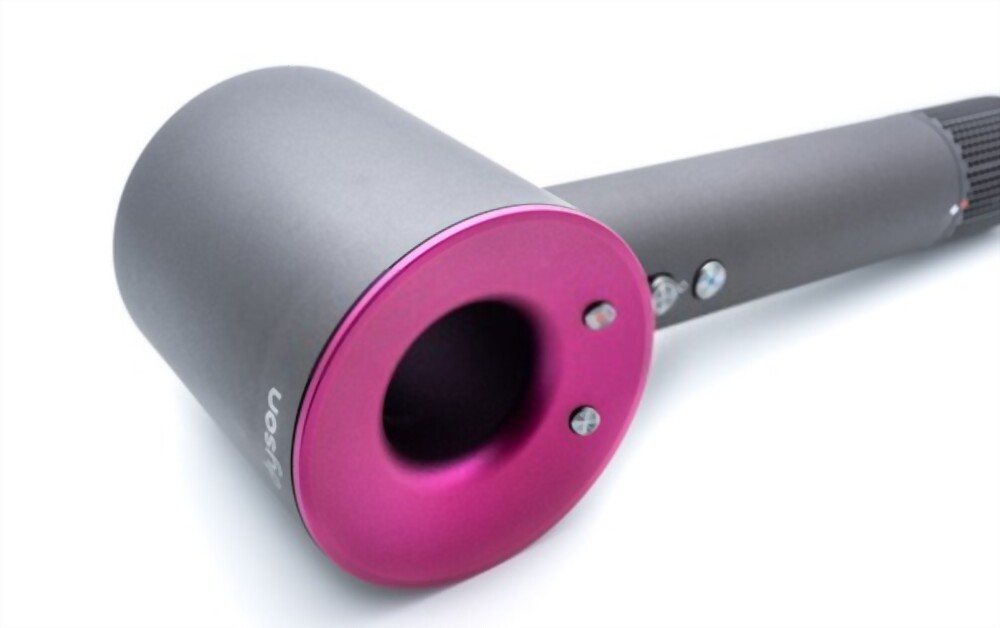The NAD recently ruled in favor of Dyson, the manufacturer of the Supersonic hair dryer, in an advertising claims dispute regarding the claim that SharkNinja’s HyperAir hair dryer produces “Saturday night hair” every day of the week. The decision illuminates the importance of context in claims–and that even a claim with no real meaning, “Saturday night hair,” needs to be substantiated when the claim mentions and compares other products.
What is “Saturday Night Hair”?
In a 30-minute infomercial, SharkNinja pits its HypeAir hair dryer against the Dyson Supersonic hair dryer, among others, and makes the claim that “only with Shark Intelligent IQ Stylers can you get Saturday night hair every day of the week.” Leaving aside the issue of whether infomercial viewers are more likely to stay home on Saturday nights, the claim may seem to fit neatly into the category of non-actionable puffery. After all, who knows what “Saturday night hair” really is?
Dyson might have a guess because it brought the matter to the NAD. The company claimed that SharkNinja’s “Saturday night hair” claim was misleading because it suggests that only HyperAir users can routinely achieve Saturday night styling results. In response, SharkNinja argued that the claim was puffery because “Saturday night hair” is not a measurable attribute and that no consumers could define or interpret it to be anything more than an exaggeration.
NAD Ruling: Coiffure Kerfuffle
The NAD ruled in favor of Dyson. It agreed that the “Saturday night hair” claim was puffery in itself–but by making comparisons to other products, SharkNinja had converted the claim from just puffery to a claim that its product was superior to Dyson’s. It recommended that SharkNinja change the claim to one that does not compare its product to competitors, since it had no objection to a standalone claim that the dryer gives users “Saturday night hair.” The NAD also reviewed other aspects of the infomercial and found that several other statements were not supported by the evidence; it recommended that SharkNinja discontinue those.
As this decision shows, even a seemingly exaggerated claim can make comparisons that require substantiation. To avoid hair-raising scenarios for your brand, it’s best to be sure that all of your claims are properly substantiated. MMR Strategy Group has extensive experience in claims substantiation surveys and advertising communications surveys for use in false advertising litigation. Contact us today to discuss what we can do to help your claims succeed.
